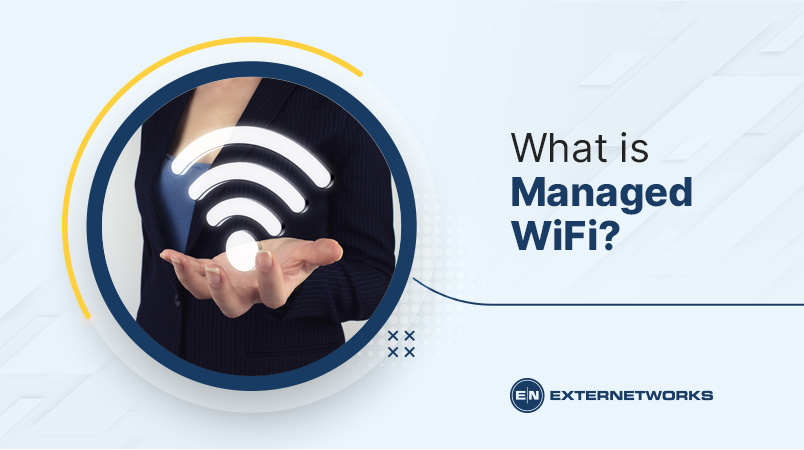The term ‘managed’ refers to how a network administrator controls access to a wireless network. This means that only authorized devices (or clients) can connect to the network. In other words, managed networks are secure. Some routers offer managed WiFi that allows you to control who has access to your home or office network.
You can also limit bandwidth usage and monitor client traffic. Managed WiFi networks are becoming popular because they provide reliable connections at a reasonable price.
Managed WiFi is a service offered by some Internet Service Providers(ISPs) that allows customers to connect their devices to the Internet via a wireless network instead of a wired connection. This means that they don’t have to pay for a cable or DSL line; instead, they can get access to the Internet through a wireless router.
Managed WiFi services are becoming more common because they offer several advantages over other types of connections. For example, they allow customers to connect multiple devices at once without worrying about running out of bandwidth and give them greater control over their data usage.

An ISP provides a wireless router that connects to the Internet. The customer gets a username and password from the ISP. They can log into the router and configure it. Once configured, the user can connect any number of devices to the router.
The ISP manages the router so that it always has enough bandwidth available. If the user needs additional bandwidth, they simply need to contact the ISP. It’s important to note that the ISP doesn’t charge extra fees for this service.
There are plenty of reasons to choose Managed WiFi over traditional broadband. Here are just a few:
Save Money – Traditional broadband requires purchasing a modem and a separate router. With Managed WiFi, you only need one device, which saves money!
Control Your Data Usage – Lets you monitor how much data you use each month. You can see exactly what websites you visit most often and which ones cost you the most.
Save Space – Traditional broadband requires you to keep a lot of extra wires around your house. With this, you can eliminate those cables and save space.
Get More Devices Connected At Once – Traditional broadband limits you to connecting up to five devices at once. With this, this limit goes away. You can connect as many devices as you want.
Get An Uninterrupted Experience – Traditional broadband works best when you’re at home. But sometimes you may need to work from home or travel. This is great because it doesn’t matter where you are; you’ll always have access to the Internet.
It is designed to give customers greater control over their internet experience. It’s not just about getting online; it’s about managing your bandwidth too. With this, you can choose which applications to run at what times, so you’re only downloading those files that matter.
Un-managed WiFi is another type of connection available on the market today. Unlike Managed WiFi, un-managed WiFi isn’t provided by the ISP. Instead, the customer has to buy a separate router and install it themselves.
Unmanaged WiFI is usually free with unlimited downloads and uploads. However, there are no restrictions on how many devices you can connect to the Internet. In addition, you won’t have any control over your data usage.
The benefits of Managed-WiFi are many, including:
Unlimited Bandwidth – It gives you unlimited bandwidth, so you never run out of room on your hard drive or the Internet. You can even stream movies and TV shows online without worrying about running out of space.
No Hidden Costs – Unlike traditional broadband, there are no monthly fees or other hidden charges associated with Managed WiFi. You need to pay for only two things: the cost of the router itself and any additional equipment you buy.
Reliable Connection – Even if you’re not at home, you’ll always have a stable connection. You won’t lose your connection if you lose power during a storm or trip. In addition, you can rest assured knowing that your internet provider has taken care of all the technical details.
Consistent Speed – When you’re at home, you know that you will have a consistent speed. It’s unlikely that you’ll experience slowdowns or interruptions in your connection.
Easy Setup – Most routers come pre-configured and ready to go. All you have to do is plug them in and turn them on.
Security – Because it uses a secure encrypted connection, it’s much harder for hackers to intercept personal information like credit card numbers and passwords.
This is one of the best ways to save money on your internet bill. It’s also great if you want to avoid dealing with wires, and it could cost you more than just paying for a standard ISP package if you’re not careful.
Overall, It is an affordable alternative to traditional broadband. It’s easy to set up and use, but you’ll need to be careful when choosing your provider.
